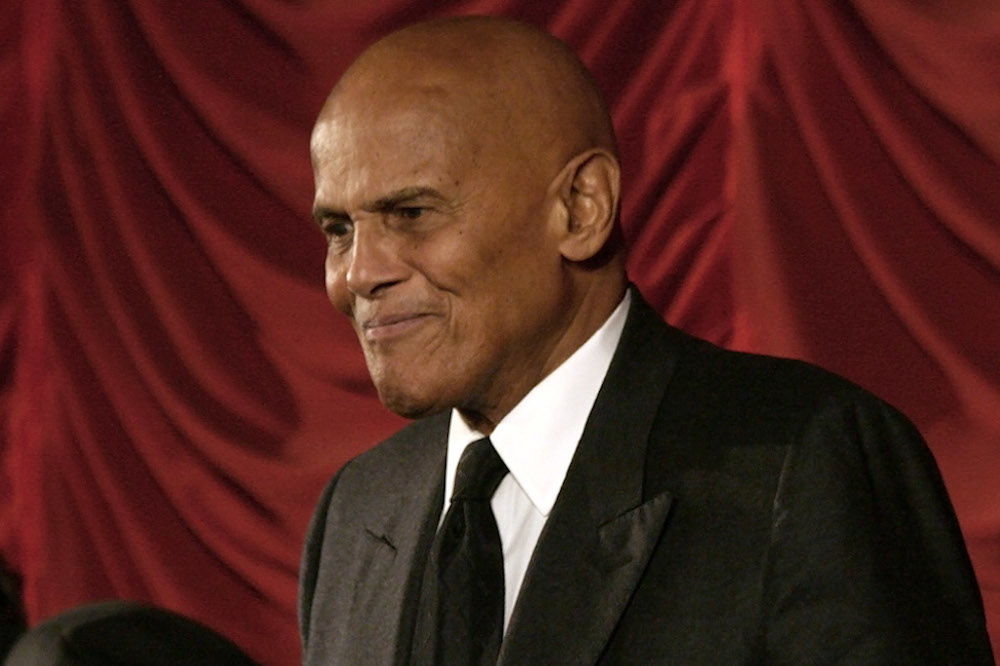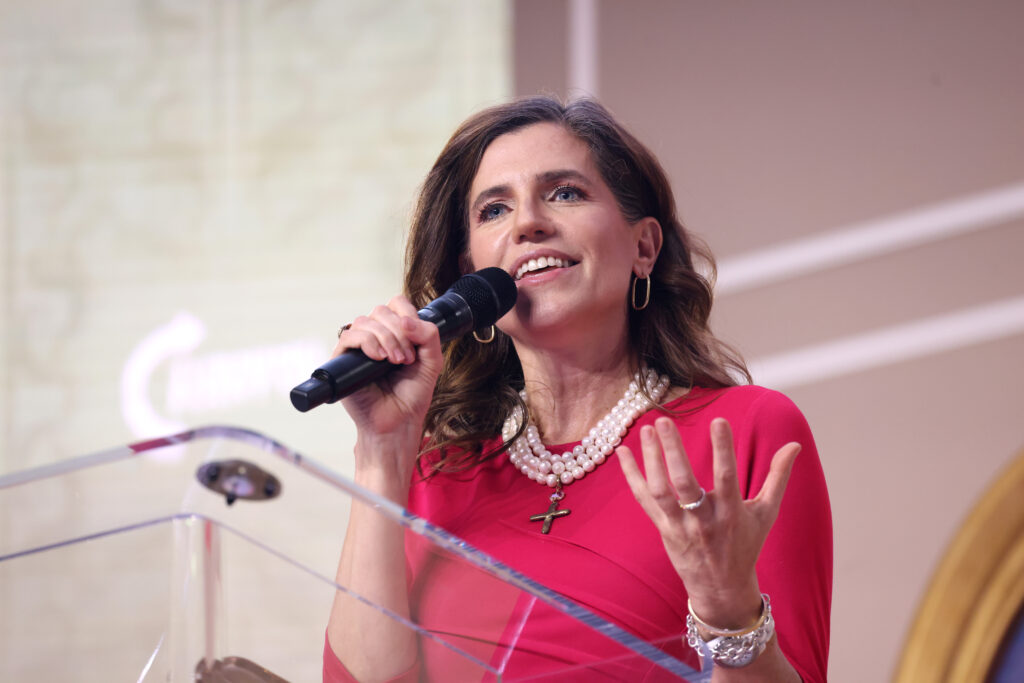
In the sprawling landscape of Hollywood, where countless stars shine, only a select few possess the rare and extraordinary gift of true versatility. This highly sought-after quality allows actors to effortlessly transition between disparate genres, bringing to life a vibrant array of characters that resonate deeply with both audiences and critics. It’s a remarkable skill that defines the most talented performers in cinematic history, enabling them to seamlessly shift from the gravitas of a dramatic role to the lightness of a comedic turn, or from the grandeur of a historical epic to the futuristic complexities of science fiction. These artists are not merely playing roles; they are embodying them, transforming with each new venture.
Today, we’re diving into this fascinating aspect of cinema, celebrating the chameleons of the silver screen who not only elevate every production they grace but also serve as incredible case studies for both aspiring performers and seasoned directors. These actors have left an indelible mark on the film industry through their exceptional commitment, transformative talents, and an uncanny ability to connect with the human experience across a myriad of fictional worlds. Their careers are masterclasses in the art of acting, demonstrating that true mastery lies in the ability to become someone entirely new, time and time again.
Join us as we embark on a journey through the careers of some of the most versatile actors ever to grace the screen, delving into their remarkable performances and the unique qualities that set them apart. We’ll explore how their profound transformations, dedication to method acting, and dramatic prowess have shaped their legacies, showcasing why they are truly masters of their craft who continue to inspire awe and admiration within the global entertainment landscape. Their impact is not just momentary; it’s an enduring testament to the power of committed storytelling.

1. **Meryl Streep: The Gold Standard of Adaptability**Meryl Streep is consistently lauded as the undisputed “gold standard of versatility” in contemporary cinema, a title she has earned through a career spanning over four remarkable decades. Her enduring presence and unparalleled skill have culminated in a staggering 21 Academy Award nominations, a record that remains unbroken and is unlikely to be surpassed anytime soon. With three Oscar wins under her belt, Streep has not only captivated critics but has also cemented her legacy as an actress who can truly inhabit any role presented to her. Her capacity to fully immerse herself in a character, regardless of the genre’s demands, is a testament to her profound artistry and dedication.
One of the most striking aspects of Streep’s talent lies in her seamless transition between deeply poignant dramatic roles and lighter, more ebullient comedic performances. Consider her heart-wrenching portrayal of a Holocaust survivor in 1982’s *Sophie’s Choice*, a role for which she meticulously mastered a Polish accent, delivering a performance so profound it earned her an Academy Award. This stands in stark contrast to her vibrant and flamboyant turn as Donna Sheridan in the 2008 musical hit *Mamma Mia!*, where she effortlessly showcased a completely different facet of her acting range. Such dramatic shifts demonstrate an exceptional command over her craft, making her a truly unique force in Hollywood.
Her “chameleon-like quality” is further illuminated by other iconic performances that defy easy categorization. In *Death Becomes Her* (1992), Streep embraced dark humor to portray a vain actress obsessed with eternal youth, delivering a performance that was both hilarious and subtly macabre. A few years later, she embodied the larger-than-life culinary icon Julia Child with remarkable warmth and precision in *Julie & Julia* (2009), capturing the essence of a beloved public figure with infectious enthusiasm. Each role, whether grounded in reality or soaring into fantasy, is approached with the same exacting commitment, making every character distinctly hers.
Streep’s secret lies in her “meticulous preparation,” a process that sees her delve deep into every character’s world. She is renowned for diligently learning complex accents, rigorously studying historical figures, and adapting her physicality to precisely suit the demands of each new role. This profound dedication ensures that her performances are not just convincing but truly transformative. Critics and fans alike frequently “marvel at her range,” with *Modern Family’s* Cameron Tucker famously quipping that Streep “could play Batman and still be the right choice,” a humorous yet accurate nod to her boundless capabilities.
From the intense drama of *The Iron Lady* (2011), for which she clinched another Oscar by embodying Margaret Thatcher with steely conviction, to her forays into musicals, comedy, and biopics, Streep’s career is a masterclass in genre-hopping. Her consistent ability to bring authenticity and depth to such a wide array of characters solidifies her status as one of cinema’s most brilliant and versatile performers. Meryl Streep is, without question, a reigning queen of Hollywood, continuously redefining what it means to be a truly transformative actor.

2. **Daniel Day-Lewis: The Method Master of Immersion**Daniel Day-Lewis stands as a titan in the acting world, holding the singular distinction of being the only actor to have won three Best Actor Oscars, a monumental feat that powerfully underscores his extraordinary range and profound dedication to his craft. His name has become synonymous with an “intense method of acting,” a technique so deeply immersive that Day-Lewis famously “disappears into his characters,” often maintaining his role even when the cameras stop rolling. This unwavering commitment to authenticity sets a benchmark for what it means to truly embody a fictional persona.
His versatility was unmistakably evident early in his career, marked by two strikingly contrasting films released in 1985. In *My Beautiful Laundrette*, he played a former skinhead entangled in a tender romance, showcasing a raw, gritty realism. Simultaneously, in *A Room with a View*, he portrayed a meticulously repressed English aristocrat, pivoting effortlessly to refined elegance. These early performances were a clear harbinger of his exceptional ability to navigate drastically different emotional and social landscapes, revealing a rare gift for transformation that would define his legendary career.
Day-Lewis’s Oscar-winning performances further illuminate his unparalleled range. In *My Left Foot* (1989), he delivered a heart-wrenching portrayal of Christy Brown, a man with cerebral palsy who learned to paint and write using only his left foot, a role that demanded immense physical and emotional commitment. Years later, he terrified audiences as the ruthless oilman Daniel Plainview in *There Will Be Blood* (2007), a performance of chilling intensity. His quiet dignity and meticulous characterization of Abraham Lincoln in *Lincoln* (2012) brought one of history’s most revered figures to life with astonishing nuance, earning him his third Academy Award.
Beyond emotional depth, Day-Lewis was renowned for his profound “physical transformations.” His commitment often extended to months of preparation, such as learning to box extensively for *The Boxer* (1997) or even apprenticing as a butcher to authentically embody his character in *Gangs of New York* (2002). This relentless pursuit of authenticity, where he would live as his character both on and off camera, ensured that every performance was not just acted, but genuinely lived. Such immersive dedication contributed to his legendary range and gravitas.
Though he announced his retirement from acting in 2017, Daniel Day-Lewis’s legacy remains unmatched, a testament to his profound influence on the art of screen performance. His exceptional way of capturing each character’s unique voice and mannerisms, combined with his willingness to constantly push the boundaries of his craft, has solidified his place as a true master. He is an actor who consistently jeopardized his health and well-being for the sake of his performance, delivering legendary range that culminated in record-breaking accolades.

3. **Gary Oldman: The Man of a Thousand Faces**Gary Oldman is justly celebrated by the nickname, “the man who can play any and every role,” a moniker profoundly earned throughout a career marked by astounding transformations. His filmography is not merely a list of credits but a vibrant “gallery of wildly different characters,” each so distinct that Oldman often becomes utterly “unrecognizable from one role to the next.” This chameleon-like ability to fully inhabit diverse personas, altering his very essence, has firmly cemented his status as a cinematic legend, capable of reshaping himself for any narrative challenge.
Oldman’s remarkable range is vividly showcased through a series of iconic portrayals. He first commanded attention as the chaotic punk rocker Sid Vicious in *Sid and Nancy* (1986), capturing the raw energy and tragedy of a cultural icon. Years later, he plunged into the realm of horror as the seductive yet terrifying Count Dracula in Francis Ford Coppola’s *Bram Stoker’s Dracula* (1992), demonstrating his capacity for both menace and allure. His masterful embodiment of Winston Churchill in *Darkest Hour* (2017) earned him a well-deserved Oscar, revealing his unparalleled ability to render historical figures with intricate detail and profound nuance, a result of his thorough research and devotion to sincerity.
His versatility extends across the moral spectrum, portraying chilling villains like the corrupt cop in *Léon: The Professional* (1994) with unsettling intensity, to becoming beloved heroes such as Sirius Black in the globally cherished *Harry Potter* series. Oldman also lent gravitas and groundedness to Commissioner Gordon in *The Dark Knight* trilogy, proving his ability to anchor major blockbusters with understated power. This remarkable ability to play both good and bad guys, with equal conviction, showcases his breadth as a performer and his unwavering command over his craft.
Crucial to Oldman’s transformative power is his “mastery of accents”—effortlessly shifting between British, American, and Russian inflections—and his daring “willingness to transform physically.” For his Oscar-winning role as Winston Churchill, he famously gained weight, demonstrating a commitment to embodying every aspect of his characters. This dedication to physical and vocal metamorphosis is what truly makes him a standout, allowing him to deliver remarkably genuine performances regardless of the piece he’s in. Reddit users aptly refer to him as a “chameleon,” a testament to his ability to completely vanish into his roles.
Gary Oldman’s skill is nothing short of legendary, rooted in his classically-trained background and meticulous preparation. His career has spanned gritty dramas, fantasy epics, and an assortment of other film types set in various places and time periods. Whether he is a gangster, a corrupt DEA agent, a prisoner of Azkaban, or even the Devil, Oldman consistently delivers remarkably genuine and profoundly transformative performances. He has left an undeniable mark on the film industry, showcasing that true versatility is about more than just acting; it’s about becoming.
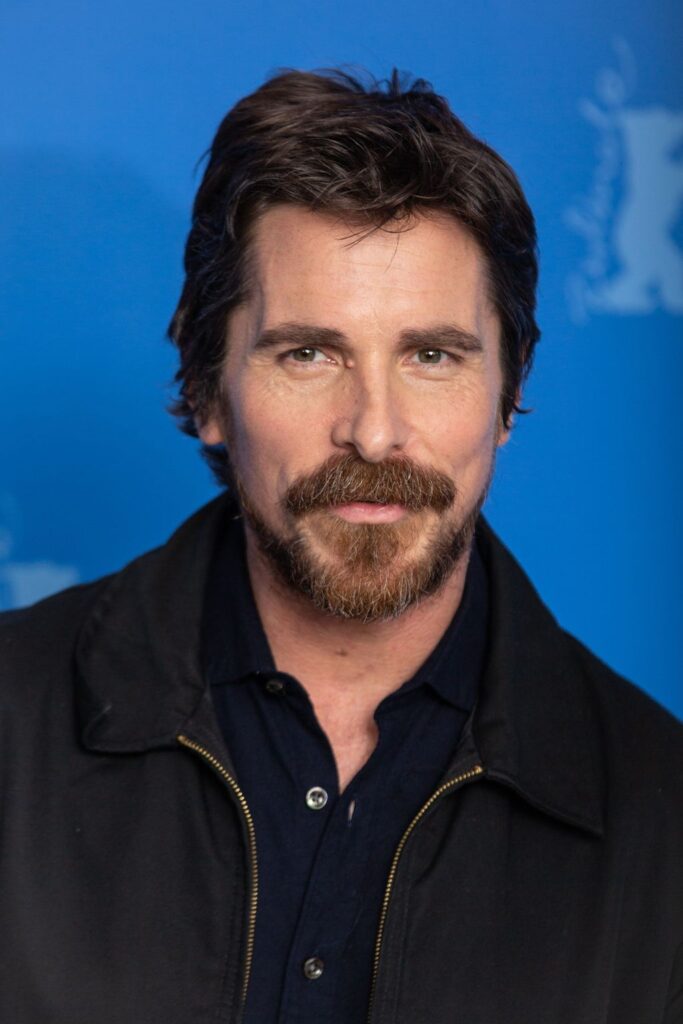
4. **Christian Bale: The Master of Physical and Psychological Metamorphosis**Christian Bale’s name is virtually synonymous with “legendary physical transformations,” though his profound versatility extends far beyond mere changes in appearance. The English actor’s commitment to embodying his characters is an unparalleled blend of physical dedication and psychological immersion, making him a prime example of a method actor. His remarkable ability to not just portray characters, but truly become them, has captivated audiences since his early career, where even as young as ten, he impressed with his adaptability.
The sheer extent of Bale’s physical dedication is astonishing. For *The Machinist* (2004), he dropped to a skeletal 120 pounds to portray an insomniac, only to then famously bulk up to 190 pounds for *Batman Begins* (2005) within a matter of months. This extreme and rapid alteration of his physique is a hallmark of his craft. His Oscar-winning role as a drug-addicted boxer in *The Fighter* (2010) presented yet another significant physical and emotional challenge, standing in stark contrast to his chillingly suave portrayal of serial killer Patrick Bateman in *American Psycho* (2000). More recently, his depiction of Dick Cheney in *Vice* (2018), complete with a significant 40-pound weight gain, earned him another Academy Award nomination, showcasing his willingness to completely alter his body for a role.
Bale’s impressive range seamlessly spans across virtually every genre imaginable. From the early musicals like *Newsies* (1992) to the gritty westerns such as *3:10 to Yuma* (2007) and the intricate sci-fi worlds of *Equilibrium* (2002), he demonstrates an uncanny ability to find his footing and deliver compelling performances. His prowess is visible across a plethora of movies, from *The Machinist* to *Little Women*, and even a surprising appearance in *Pocahontas*. He effortlessly shifts from intense drama to dark comedy, as seen in his remarkable turn in *American Hustle* (2013), where he once again underwent a significant physical transformation.
What truly sets Bale apart is not just his willingness to adjust his physique, but his unwavering “commitment to embodying each character’s psyche.” He delves deep into the mental and emotional landscapes of his roles, ensuring that his transformations are not superficial but deeply rooted in the character’s inner world. Critics consistently praise his unique combination of “gravitas and versatility,” a powerful blend that keeps him at the forefront of modern cinema and makes him one of the most compelling actors of his generation. His capacity to become, rather than merely act, is what defines his unparalleled skill.
Christian Bale’s dedication to his craft is a profound example of transformative acting, continuously impressing audiences with his adaptability and an unparalleled ability to immerse himself completely in a character. He is a truly versatile force in Hollywood, known for his raw commitment to embodying the roles he undertakes, cementing his legacy as a master of both physical and psychological metamorphosis.
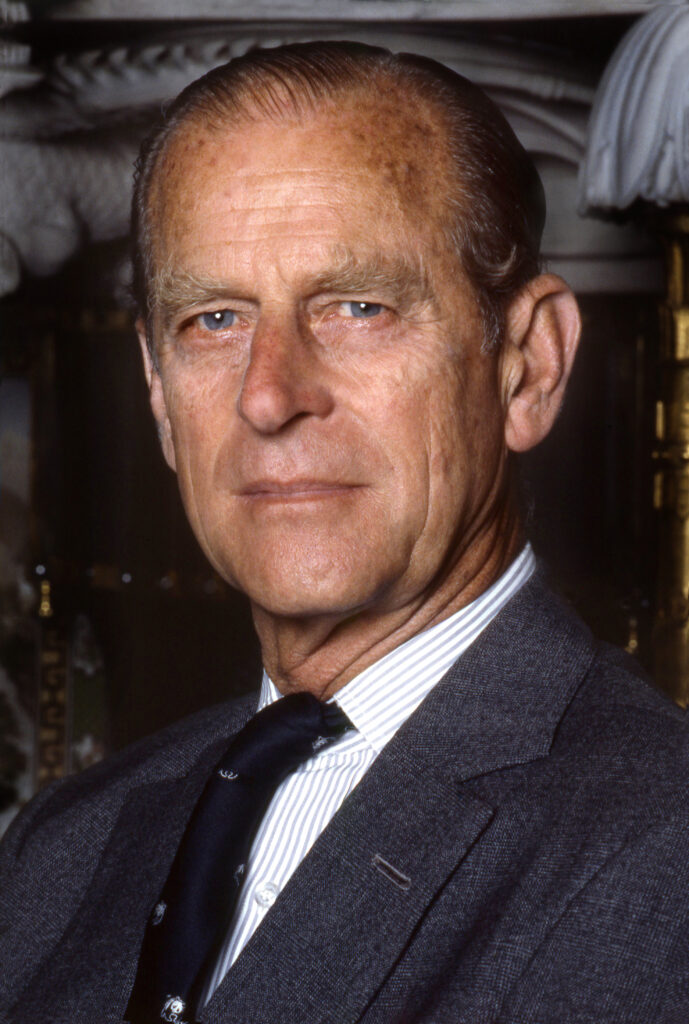
5. **Philip Seymour Hoffman: The Depth in Flawed Humanity**Philip Seymour Hoffman’s untimely death in 2014 tragically cut short a career that was profoundly defined by his “staggering adaptability” and unique ability to imbue even the most flawed characters with compelling depth. He possessed a rare gift for completely “embodying each character – adapting his movements, voice, and very presence” in ways few other performers could match. Hoffman’s range was truly extraordinary, allowing him to oscillate effortlessly between hilariously goofy roles and deeply menacing portrayals, leaving an indelible mark on Hollywood’s collective memory.
His versatile talent was evident across a broad spectrum of films. He could play the delightfully goofy pool boy in *Boogie Nights* (1997), eliciting laughter with his awkward charm, or chillingly transform into the formidable villain in *Mission: Impossible III* (2006), showcasing a darker, more intimidating side. This stark contrast was a hallmark of his genius. Many also remember him for his more light-hearted roles in movies like *Along Came Polly* and *The Big Lebowski*, where his comedic timing and distinctive presence shone brightly, proving he was just as adept at making audiences laugh as he was at making them intensely uncomfortable.
Hoffman’s Oscar-winning turn as Truman Capote in *Capote* (2005) was a masterclass in mimicry and character immersion, demonstrating his ability to not only embody real-life figures but to capture their very essence. His performance as a domineering yet vulnerable cult leader in *The Master* (2012) further revealed his nuanced approach to complex personalities. He also showcased his range in the intense drama *Doubt* (2008), playing a priest with subtle ambiguity and unwavering conviction, and in *Charlie Wilson’s War* (2007), where he transformed a potentially flawed script into cinematic gold as a brash and unforgettable CIA agent.
What truly set Hoffman apart was his profound “gift was finding depth in flawed characters.” Whether he was portraying a jaded spy in *A Most Wanted Man* (2014) or a heartbroken everyman navigating existential dread in *Synecdoche, New York* (2008), he consistently brought a remarkable blend of empathy and intense vulnerability to every role. His performances were never superficial; he delved into the heart of humanity, showcasing the complexities and contradictions that make characters truly believable. His ability to find humanity in the morally ambiguous made his performances unforgettable.
Philip Seymour Hoffman’s impactful career encompassed acclaimed action and drama pictures, including his gripping role in *The Hunger Games* series. *The New York Times* aptly called him an “actor of depth,” a fitting tribute to a versatile legacy that continues to resonate today. He was widely praised for his unique way of embodying each character, adapting his movements, voice, and very presence in a way few other performers could, leaving an enduring impression of raw talent and profound artistry.
Read more about: A Tribute to Talent: Remembering 13 Iconic Actors Whose Brilliant Careers Were Cut Short in Their 40s and 50s

6. **Heath Ledger: The Force of Unpredictable Brilliance**Heath Ledger tragically lost his life in 2008, yet there is no denying that he left behind a superb and enduring legacy that continues to captivate and inspire. Even before his monumental and universally acclaimed execution of the Joker in *The Dark Knight*, Ledger had already established himself as one of Hollywood’s most “multifaceted performers.” His career, though cut short, was a testament to his profound versatility and an uncanny ability to completely transform for each role, earning him widespread recognition as a truly exceptional talent.
Ledger’s breakout role in *10 Things I Hate About You* (1999) cemented his status as a cinematic “heartthrob,” charming audiences with his charismatic presence. However, he quickly transcended this initial image, eager to demonstrate the true breadth of his acting skill. He continued to showcase his remarkable versatility in a diverse range of films, from the historical epic *The Patriot* (2000), where he displayed earnest dramatic depth, to the rebellious energy of *Lords of Dogtown* (2005). His performances in *Brokeback Mountain* (2005) and *Candy* (2006) revealed a poignant vulnerability and a willingness to tackle challenging, emotionally complex narratives, further solidifying his artistic range.
His ability to influence all kinds of reactions from moviegoers was a key characteristic of his brilliance. Ledger could evoke profound “sympathy and compassion” with his nuanced portrayals, just as easily as he could conjure “disgust and fear” with his darker, more intense characters. This remarkable capacity to manipulate audience emotions speaks volumes about his deep understanding of character and his formidable acting prowess. He was an actor who fully committed to the emotional landscape of every role, making each performance resonate deeply.
Of course, it is his portrayal of the Joker in Christopher Nolan’s *The Dark Knight* (2008) that remains one of his most iconic and defining achievements. This characterization, which earned him a posthumous Academy Award, was not just an acting performance; it was a complete immersion, transforming him into one of cinema’s most terrifying and unforgettable villains. The intensity and unpredictable brilliance he brought to the role redefined expectations for comic book antagonists and demonstrated a fearless commitment to pushing the boundaries of performance.
Heath Ledger’s career was marked by a “diverse range of films across various genres,” showcasing his multifaceted skills and creativity beyond acting, even venturing into producing and directing music videos. His untimely passing left behind a legacy of outstanding work and a lasting impact on the entertainment world, proving that some stars, though their light may fade too soon, leave an eternal glow. Rest easy, Heathy; Hollywood will never be able to replace your unique and transformative talent.

7. **Tilda Swinton: The Alchemist of Identity**Tilda Swinton is celebrated across the industry as “the woman of a thousand otherworldly faces,” a descriptor that perfectly encapsulates her astonishing and unparalleled range as an actress. The London native has consistently earned adoration from both critics and audiences for her profound “mastery of the craft,” displaying a unique ability to not just play characters, but to completely transform into them. Her fearless approach to character work, which often sees her pushing the boundaries of conventional casting, truly sets her apart in any genre.
Swinton’s versatility is particularly evident in her knack for playing roles of “various backgrounds, ages, and even gender identities.” She has commanded the screen as a concerned mother grappling with unimaginable tragedy in *We Need to Talk About Kevin* (2011), only to pivot to a wacky funeral home owner in the eccentric zombie comedy *The Dead Don’t Die* (2019). And, of course, her iconic and chilling portrayal of the White Witch in *The Chronicles of Narnia* series showcased her capacity for regal menace, cementing her place in fantasy lore. These diverse roles are a testament to her chameleon-like talent.
Her filmography is a continuous exploration of identity and transformation. Swinton famously took on an androgynous role in *Orlando* (1992), portraying a character who lives for centuries and experiences life as both a man and a woman, a groundbreaking performance that challenged gender norms. She navigated the complex corporate world as a lawyer in *Michael Clayton* (2007) with steely intelligence, and later morphed into the ancient mystic and mentor in the Marvel Cinematic Universe’s *Doctor Strange* (2016), embodying profound wisdom and ethereal power. Each role is undertaken with a singular commitment to authenticity.
What makes Swinton particularly unique is her bold choice of roles that often challenge conventional casting norms, proving that “true artistic versatility knows no boundaries.” Her ability to transform is remarkable, allowing her to embody an incredible spectrum of human and even non-human experiences. Whether she’s navigating the complexities of comedic timing in *The Life Aquatic with Steve Zissou* (2004) or delving into the sinister depths of horror in *Nightmare Alley* (2021), Swinton consistently makes acting look effortless, bringing an intellectual rigor and a distinct artistic sensibility to every project.
Reddit users often describe her as “fascinating,” and she continues to redefine her range with each new film. Tilda Swinton is not merely an actress; she is an alchemist of identity, capable of inhabiting any persona with profound conviction and captivating audiences with her extraordinary transformations. Her command of diverse roles, from ethereal beings to grounded humans, marks her as a versatile titan whose contributions continually enrich the cinematic landscape.
Having journeyed through the astounding versatility of our initial seven cinematic legends, we now turn our attention to seven additional titans of the silver screen whose chameleon-like abilities have similarly reshaped the landscape of acting. These performers possess an uncanny knack for seamless genre transitions, delivering iconic character portrayals that resonate deeply with audiences and critics alike, leaving an enduring influence on the art form itself. Their careers are a testament to the power of transformation, showcasing how truly great actors can embody entirely new personas, regardless of the narrative demands.
Prepare to delve further into the careers of these remarkable artists, exploring how they’ve navigated the complexities of Hollywood to deliver unforgettable performances. Each actor on this list brings a distinct approach to versatility, whether it’s through heartwarming sincerity, genre-defying charisma, or a meticulous commitment to their craft. They prove that the mastery of acting lies not just in talent, but in the relentless pursuit of authenticity and the courage to continuously reinvent oneself on screen.
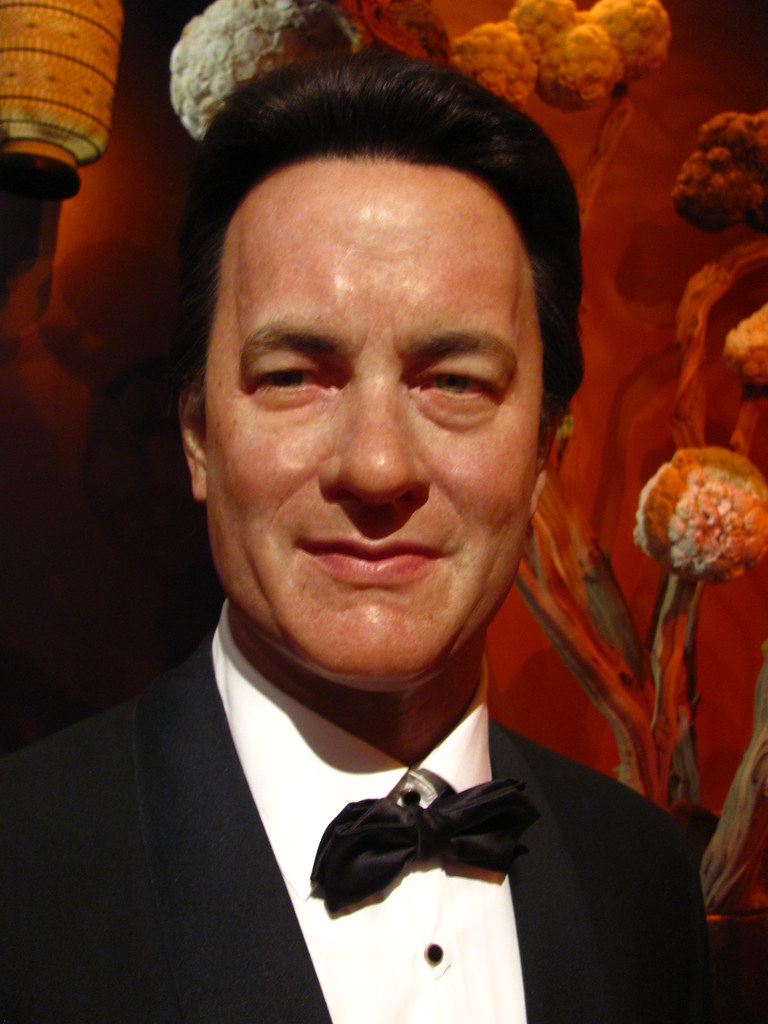
8. **Tom Hanks: America’s Enduring Everyman**Tom Hanks, often affectionately dubbed “America’s Dad,” possesses a versatility that often belies his universally affable persona. His profound talent extends far beyond the charming roles he’s so well-known for, demonstrating a dramatic range that has earned him numerous accolades. This exceptional capacity for both warmth and gravitas was vividly highlighted by his back-to-back Academy Award wins for *Philadelphia* (1993), where he portrayed an AIDS-stricken lawyer with heartbreaking conviction, and *Forrest Gump* (1994), embodying the lovable simpleton with an enduring sincerity that captured hearts worldwide.
Hanks’s filmography is a masterclass in genre-hopping, showcasing an impressive command over diverse narratives. He excels in the realm of heartfelt comedy, as seen in the timeless classic *Big* (1988), and seamlessly transitions to the harrowing intensity of war films like *Saving Private Ryan* (1998). His powerful performances extend to gripping survival tales, such as *Cast Away* (2000), where he carried an entire film with minimal dialogue, proving his formidable presence and emotional depth. This ability to make audiences laugh, weep, and cheer underscores his comprehensive range.
Moreover, his career impressively balances beloved romantic comedies, notably *Sleepless in Seattle* (1993), with significantly darker and more complex roles, like his chilling turn as a hitman in *Road to Perdition* (2002). This stark contrast highlights his willingness to explore the full spectrum of human experience on screen, always bringing a compelling authenticity to each character. His capacity to switch genres with remarkable ease, from the raunchy humor of *Bachelor Party* (1984) to the epic drama of *The Green Mile* (1999), is truly exceptional.
Ultimately, Hanks’s inherent humanity, coupled with his unparalleled ability to shift seamlessly between disparate roles, cements his status as a versatile icon. He is not merely a leading man who delivers memorable performances; he is a true shapeshifter who infuses every character with an authentic, relatable core, making him one of Hollywood’s most beloved and enduring performers. His dedication ensures that audiences consistently connect with the nuanced depths of his portrayals.
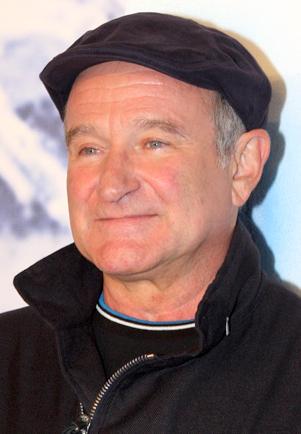
9. **Robin Williams: The Genie of Emotional Range**Robin Williams was nothing short of a whirlwind of versatility, possessing an unmatched energy that allowed him to blend uproarious comedy and profound drama with unparalleled ease. His legendary roots in stand-up comedy profoundly fueled many of his most iconic comedic roles, from the zany and irreverent DJ in *Good Morning, Vietnam* (1987) to the heartwarming, cross-dressing dad in *Mrs. Doubtfire* (1993). These performances showcased his improvisational genius and infectious charisma, making him an instant fan favorite across generations.
Yet, it was Williams’s equally compelling dramatic turns that truly revealed the immense depth of his acting prowess. He commanded respect and admiration as the inspiring teacher John Keating in *Dead Poets Society* (1989), delivering a performance that became a cultural touchstone. Even more profoundly, his nuanced portrayal of the therapist Dr. Sean Maguire in *Good Will Hunting* (1997) earned him a well-deserved Academy Award, cementing his legacy as an actor capable of profound emotional resonance and subtle complexity that moved audiences to tears.
His extraordinary range further extended across virtually every imaginable genre, proving he was a true master of transformation. From bringing the vibrant, blue Genie in Disney’s *Aladdin* (1992) to life with boundless humor and heart, to terrifying audiences as the creepy and unsettling stalker in *One Hour Photo* (2002), Williams possessed an uncanny ability to evoke laughter, tears, or chills at will. His improvisational genius was a force of nature, and his boundless emotional range made him a one-of-a-kind talent.
Tragically, his versatile legacy was cut short in 2014, but the impact of his work endures. Williams’s unique capacity to connect with audiences on such a deep and varied emotional level, coupled with his fearless approach to both comedic and dramatic material, ensures his place as one of the most beloved and versatile performers in cinematic history. Nobody could crack us up and break our hearts quite like he could.
Read more about: Remembering Robin Williams: A Deep Dive into His Unforgettable Genius Through a Dozen Iconic Roles and Enduring Legacies

10. **Cate Blanchett: The Regal Chameleon**Cate Blanchett’s versatility is consistently lauded as a masterclass in profound transformation, showcasing a trademark grace even when she renders herself almost unrecognizable—which, remarkably, is often the case. Since her debut in the 1990s, Blanchett has captivated audiences with her vast scope of characters, effortlessly transitioning from compelling heroines to enigmatic femme fatales, and everything in between. Her unparalleled ability to fully inhabit a role, regardless of its demands, has firmly established her as an acting force.
Her remarkable talent for embodying historical and iconic figures is particularly notable. In *Elizabeth* (1998), she delivered a regal and commanding portrayal of the Virgin Queen, earning her an initial Oscar nomination. She later stunned audiences by channeling the distinctive voice and mannerisms of Katharine Hepburn in *The Aviator* (2004), a performance that earned her a well-deserved Best Supporting Actress Oscar. Her range is further exemplified by her 13 distinct roles in *Manifesto* (2015), where she spanned genders and identities, proving her ability to disappear into a multitude of personas with breathtaking precision.
Blanchett’s chameleon-like qualities shine through in diverse fantasy and dramatic roles alike. Her ethereal portrayal of Galadriel in *The Lord of the Rings* series stands in stark contrast to her unhinged and emotionally raw performance as a socialite in crisis in *Blue Jasmine* (2013), for which she clinched her Best Actress Oscar. This impressive ability to swing between such disparate characters, from an otherworldly elf queen to a deeply flawed human, underscores her incredible depth as a performer.
Her command of accents, effortlessly shifting between a Russian inflection in *Indiana Jones and the Kingdom of the Crystal Skull* and a sophisticated American cadence in *Carol*, further highlights her meticulous craft. Blanchett’s capacity to make acting look utterly effortless—whether she’s navigating the complexities of comedic timing in *The Life Aquatic with Steve Zissou* (2004) or delving into the sinister depths of horror in *Nightmare Alley* (2021)—marks her as a truly versatile titan. Indeed, Reddit users aptly call her “fascinating,” and she continues to redefine her boundless range with each new film, securing her legacy as one of cinema’s greatest.

11. **Johnny Depp: The Master of Eclectic Enchantment**Johnny Depp is recognized as a highly skilled American actor and musician, celebrated for his diverse roles across an impressive spectrum of film genres. Throughout his career, he has garnered multiple prestigious awards and nominations for his exceptional performances, a testament to his profound skill and unwavering commitment to his art. Depp’s collaborations with acclaimed directors and appearances in numerous successful films have earned him international acclaim, firmly positioning him as a top star in Hollywood and a truly unique creative force.
His unforgettable portrayal of characters such as the eccentric yet charismatic Captain Jack Sparrow in the massively successful *Pirates of the Caribbean* series, for instance, has firmly cemented his reputation as a treasured and esteemed figure in entertainment. This iconic role alone showcases his extraordinary ability to blend humor, eccentricity, and a subtle depth, creating a character that resonated globally and defied typical adventure hero archetypes, becoming a cultural phenomenon.
Beyond this signature role, Depp’s filmography is a continuous exploration of diverse characters that defy easy categorization, ranging from the quirky charm of *Edward Scissorhands* (1990) to the madcap energy of *Fear and Loathing in Las Vegas* (1998), the sinister intensity of *Sweeney Todd* (2007), and the tender vulnerability in *Finding Neverland* (2004). His willingness to embrace extensive prosthetics for *Black Mass* (2015) or master a distinctive Southern drawl for *Chocolat* (2000) further illustrates his deep commitment to character embodiment.
Depp’s genre-hopping, encompassing horror, musicals, westerns, and dramas, makes him a truly versatile standout. While recent years have presented their challenges, his extensive body of work, particularly his early and iconic performances, remains an enduring testament to his expansive range and the captivating eccentricity he brought to every role. He is a performer who consistently leaves an indelible mark on cinematic memory through his unique and transformative talents.
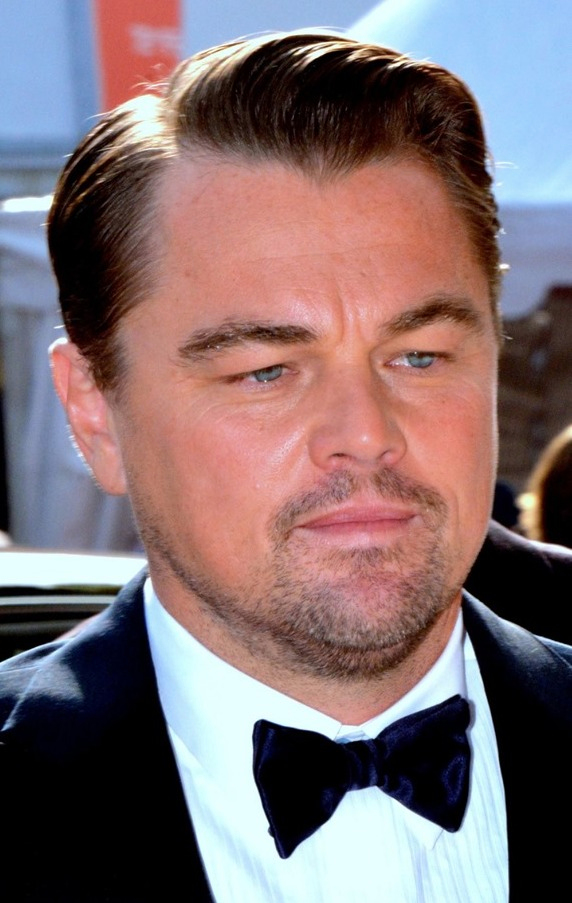
12. **Leonardo DiCaprio: The Charismatic Cinematic Virtuoso**Leonardo DiCaprio stands as a celebrated American actor and film producer, widely recognized for his exceptional performances, particularly within biographical and period films where he often brings historical figures to vivid life. His remarkable career has been honored with a wealth of prestigious accolades, including an Academy Award, a British Academy Film Award, and three Golden Globe Awards, cementing his status among Hollywood’s elite and most respected performers. He first rose to global stardom with iconic roles that resonate deeply with audiences, such as his unforgettable portrayal in *Titanic*.
DiCaprio’s extensive and incredibly successful collaborations with acclaimed director Martin Scorsese across a multitude of genres further exemplify his profound acting versatility, demonstrating an uncanny ability to immerse himself in complex characters. From the gritty crime dramas like *The Departed* to the historical epics such as *Gangs of New York* and the high-stakes financial world of *The Wolf of Wall Street*, DiCaprio consistently delivers performances marked by both gravitas and an unparalleled commitment to his craft. His intense dedication was perhaps best highlighted by his Oscar-winning performance in *The Revenant*, a role that demanded immense physical and emotional endurance.
His diverse filmography showcases a performer who consistently pushes boundaries and seeks out roles that challenge both himself and the audience’s perceptions, making him one of the highest-grossing and most critically lauded actors in Hollywood. Whether he’s portraying a wealthy industrialist, a complex con artist, or an intrepid explorer, DiCaprio consistently brings a compelling blend of intelligence and emotional depth to his characters, ensuring each performance is memorable and impactful.
Beyond his illustrious acting career, DiCaprio is also passionately and actively engaged in environmental activism. Through his foundation and various charitable initiatives, he leverages his global platform to advocate for crucial ecological causes. This dedication extends far beyond the silver screen, proving his commitment to impacting the real world positively and showcasing a versatility that truly spans both his professional and personal life, making him a true force for good.
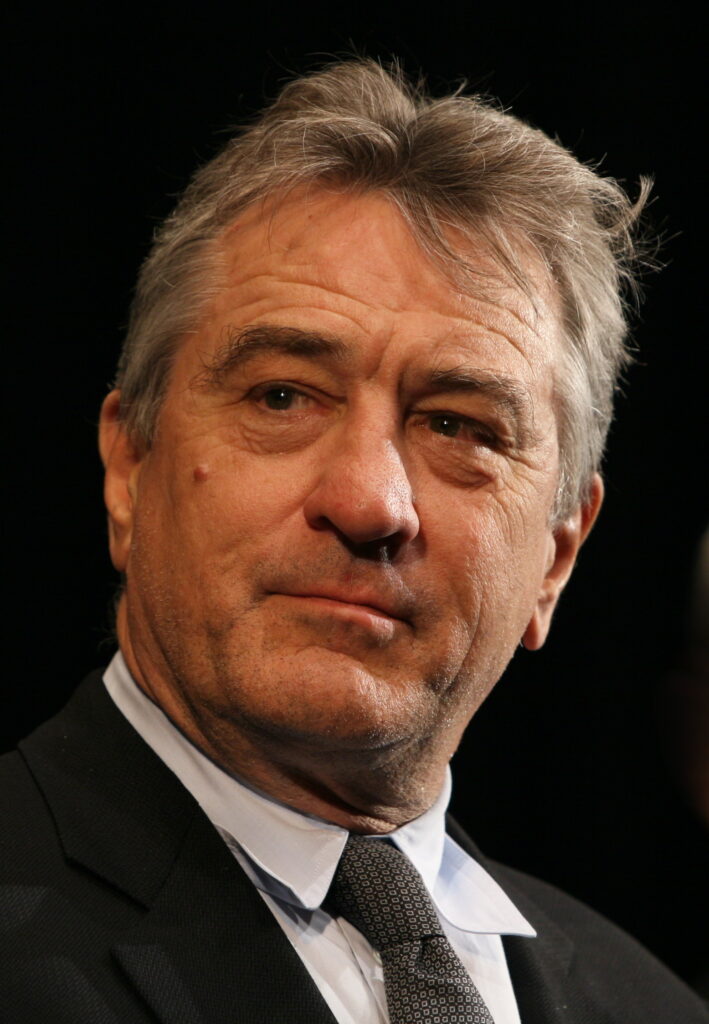
13. **Robert De Niro: The Methodical Icon**Robert De Niro is universally recognized as a highly regarded American actor and film producer, whose name is practically synonymous with groundbreaking and often intense performances. He is famously known for his iconic partnerships with visionary director Martin Scorsese, a collaboration that has yielded some of cinema’s most indelible masterpieces. These enduring roles have earned De Niro multiple prestigious awards, including two Academy Awards, firmly establishing him as one of the most influential actors of his generation.
His profound talent has been spectacularly showcased across an impressive array of genres, proving his incredible versatility and range. From his chillingly intense portrayals in crime dramas like *The Godfather Part II*, where his nuanced performance as the young Vito Corleone earned him an Oscar, to the raw and brutal physicality of *Raging Bull*, for which he won Best Actor, De Niro masterfully embodies complex and often volatile characters. He can pivot effortlessly to surprisingly adept and often hilarious comedic turns in films such as *Meet the Parents* and *Analyze This*, where he displays a completely different facet of his acting genius.
This remarkable ability to pivot seamlessly from intense dramatic gravitas to nuanced comedic timing highlights his true mastery of the craft, allowing him to explore the full spectrum of human emotion with authentic conviction. His commitment to transforming for each role, whether undergoing significant physical changes or delving deep into a character’s psyche, has cemented his legacy as one of the most impactful actors in film history. He isn’t just acting; he’s becoming the character.
Beyond his illustrious acting career, De Niro has also ventured into directing and producing, further demonstrating his multifaceted contributions to the film industry. He established TriBeCa Productions and, significantly, co-founded the esteemed Tribeca Film Festival with Jane Rosenthal, showcasing his dedication to fostering cinematic art and supporting emerging talent within the community. His enduring influence continues to inspire new generations of filmmakers and performers.
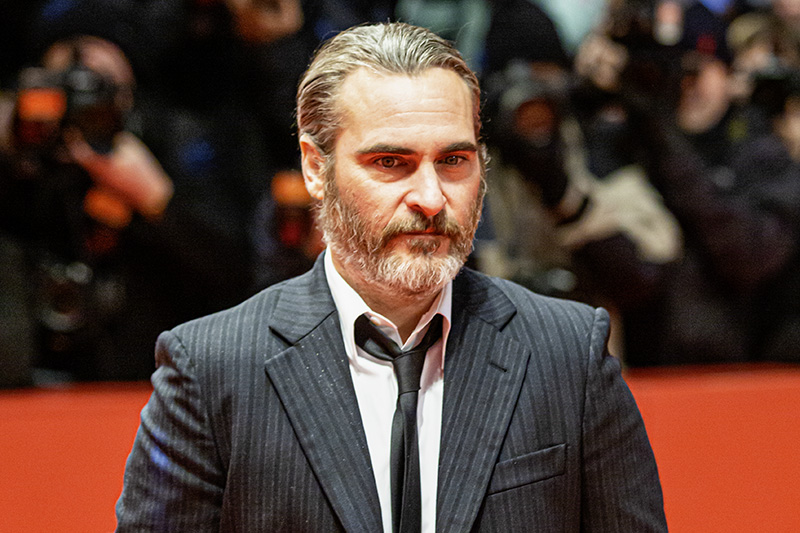
14. **Joaquin Phoenix: The Intense Character Alchemist**Joaquin Phoenix stands as an acclaimed American actor, widely recognized for his consistently compelling and often haunting portrayals of dark and unconventional characters. He has carved a significant niche for himself in both independent films and prestigious period dramas, showcasing a unique intensity that captivates audiences and critics alike. His career, spanning back to television series in the early 1980s, quickly progressed to prominent film roles in movies such as *SpaceCamp* and *Parenthood*, laying the groundwork for his future cinematic triumphs.
Phoenix has garnered immense critical acclaim for a diverse range of performances that highlight his profound acting prowess. From his unforgettable role as the vengeful Commodus in *Gladiator*, a performance of simmering menace, to his Oscar-winning transformation into the tormented Arthur Fleck in *Joker*, each character is imbued with a raw vulnerability and psychological depth that is both unsettling and deeply empathetic. His powerful portrayals in *Walk the Line*, where he masterfully embodied Johnny Cash, and *The Master* further underscore his ability to disappear into complex roles, earning him numerous awards and nominations.
What truly sets Phoenix apart is his unwavering commitment to fully immersing himself in the psyche of his characters, often undergoing significant physical and emotional transformations to bring them to life with unsettling authenticity. This dedication to his craft allows him to seamlessly navigate vastly different genres, consistently delivering performances that are both fearless and deeply resonant, challenging both the audience’s comfort and their perceptions of humanity. His intensity is a hallmark of his incredible range, making him a true actor’s actor.
His remarkable versatility across genres has firmly established Joaquin Phoenix as one of the most exceptional and influential actors of the 21st century. He is a performer who not only challenges the audience but also constantly pushes the boundaries of what is possible in character acting, leaving an indelible mark on contemporary cinema through his relentless pursuit of truth within each role. Phoenix’s profound impact underscores the power of committed storytelling and the transformative potential of a truly versatile artist.
Our journey through the extraordinary careers of these 14 actors unequivocally demonstrates that versatility is more than just a skill; it’s the bedrock of cinematic greatness. These artists are not merely performers; they are architects of emotion, shapers of identity, and living embodiments of storytelling itself. Their ability to transcend genres, inhabit vastly different personas, and consistently deliver performances that are both genuine and groundbreaking is what secures their place in the pantheon of Hollywood legends. From the dramatic depths of a period piece to the comedic heights of a modern classic, their range knows no bounds.
Each transformation, each accent mastered, each psyche explored, serves as a masterclass for aspiring actors and a constant source of inspiration for filmmakers. They remind us that the human experience, in all its messy, glorious complexity, can be authentically mirrored on screen, provided the right talent is at the helm. These are the chameleons who truly elevate cinema, pushing its boundaries and ensuring that the magic of storytelling continues to captivate, challenge, and connect with audiences across the globe for generations to come.

